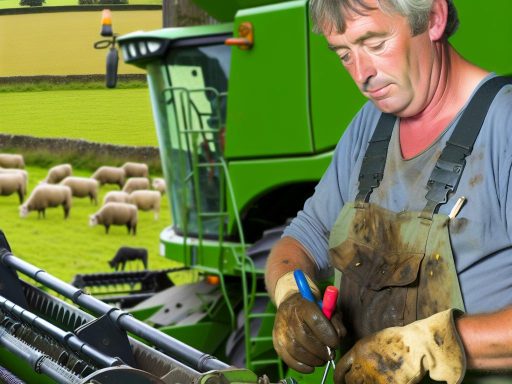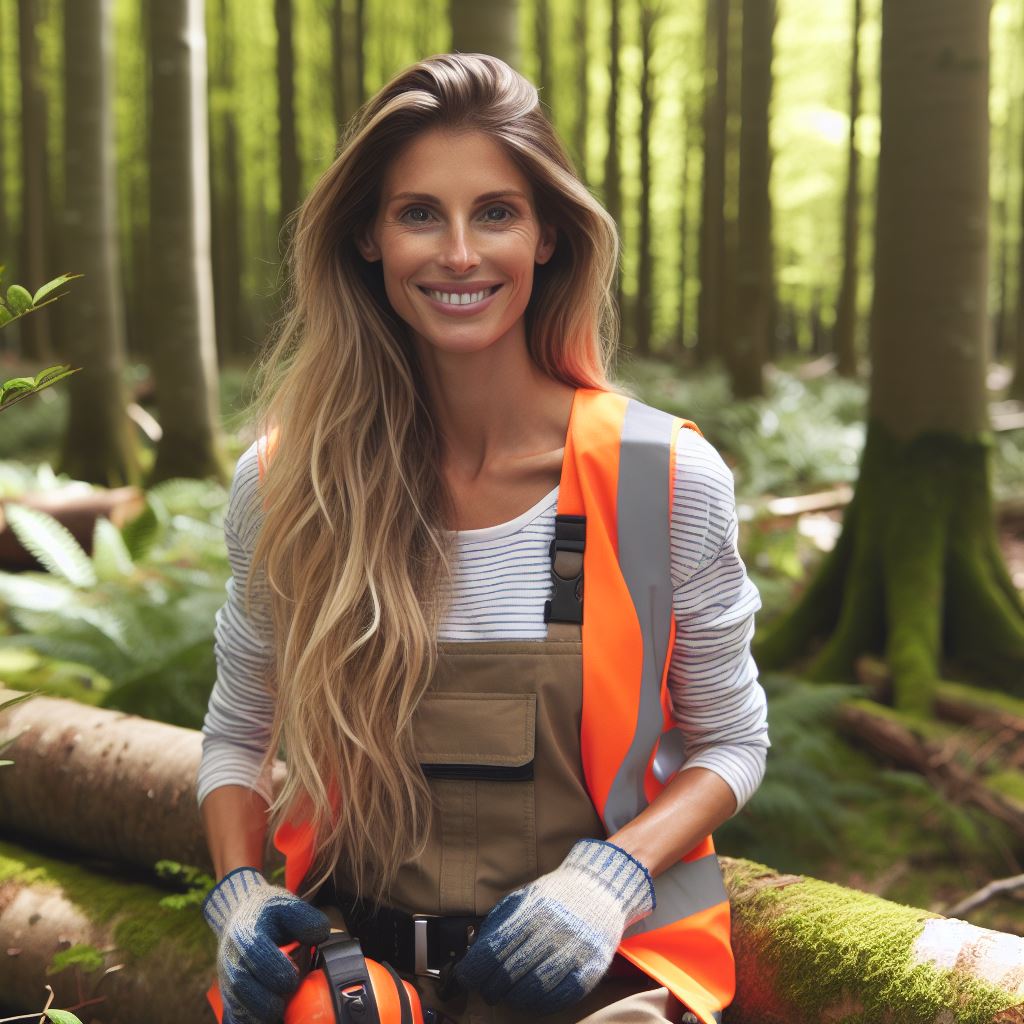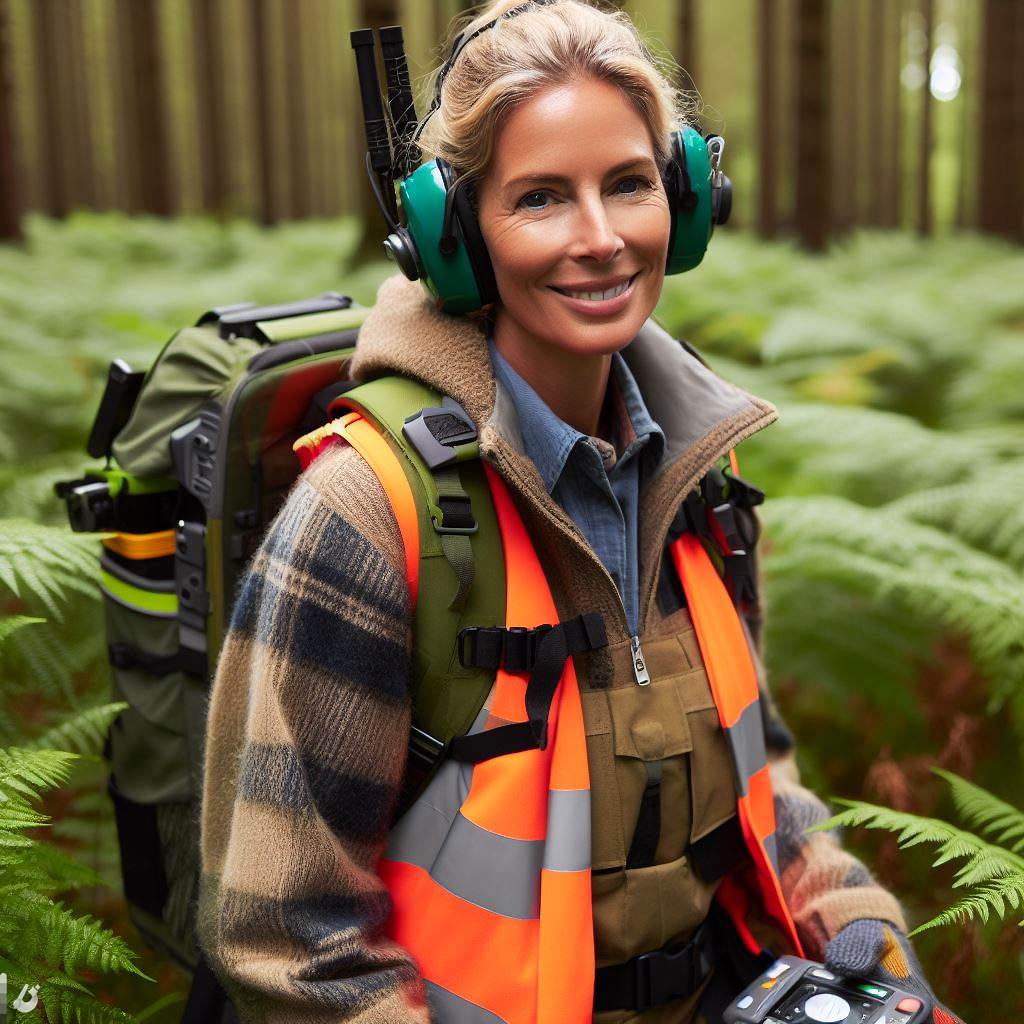Agriculture, Forestry, and Fishing
Cultivating Success: Careers in Agriculture, Forestry, and Fishing in the UK
The UK’s agriculture, forestry, and fishing sectors are foundational to the nation’s economy and environmental sustainability.
These industries offer diverse career paths for those passionate about the outdoors, conservation, and sustainable practices.
This guide highlights opportunities in these sectors, essential skills, and pathways to professional growth.
Thriving Professions
Farm Managers
- Role: Oversee crop and livestock production operations.
- Skills: Knowledge of modern farming techniques, management abilities, and a strong work ethic.
Forestry Technicians
- Task: Manage forest resources, including conservation and reforestation efforts.
- Requirement: Understanding of forest management practices and environmental regulations.
Fishery Officers
- Function: Regulate fishing activities to ensure sustainable practices.
- Necessity: Knowledge of marine biology, fishing laws, and navigation skills.
Agricultural Scientists
- Objective: Conduct research to improve farming efficiency and crop yields.
- Skills Needed: Strong background in biology, chemistry, and environmental science.
Essential Skills for Success
- Technical Proficiency: Familiarity with agricultural machinery, forestry tools, or fishing equipment.
- Environmental Stewardship: Commitment to sustainable and eco-friendly practices.
- Adaptability: The ability to respond to weather conditions, market demands, and environmental challenges.
Navigating the Industry
Building a career in agriculture, forestry, or fishing requires a mix of formal education, practical experience, and a passion for nature.
Education and Training
- Degrees and Certifications: Relevant fields of study include agriculture, environmental science, marine biology, and forestry.
- Apprenticeships: Offer hands-on experience and a pathway into the industry without a traditional degree.
Professional Development
- Continuous Learning: Stay updated with the latest industry trends, technologies, and sustainable practices.
- Networking: Connect with industry professionals through associations and trade shows.
Challenges and Rewards
These sectors face challenges such as climate change, economic pressures, and technological advancements.
However, they also offer the reward of contributing to food security, conservation, and the wellbeing of future generations.
Embracing Innovation
- Technological Advancements: Leveraging technology for precision farming, sustainable forest management, and efficient fishing practices.
- Market Opportunities: Exploring organic farming, eco-tourism, and direct-to-consumer sales models.
Conclusion
Careers in agriculture, forestry, and fishing are not just about working with the land or sea; they’re about stewarding natural resources for future generations.
With the right education, skills, and dedication, these sectors offer fulfilling career paths for those committed to making a difference in the UK’s landscape and beyond.
Whether you’re starting out or looking to pivot into a more sustainable career, the opportunities for growth and impact are plentiful.









